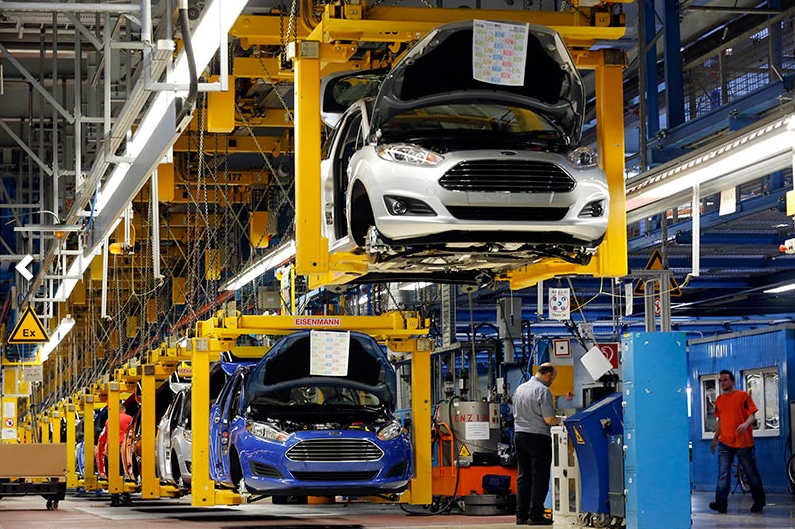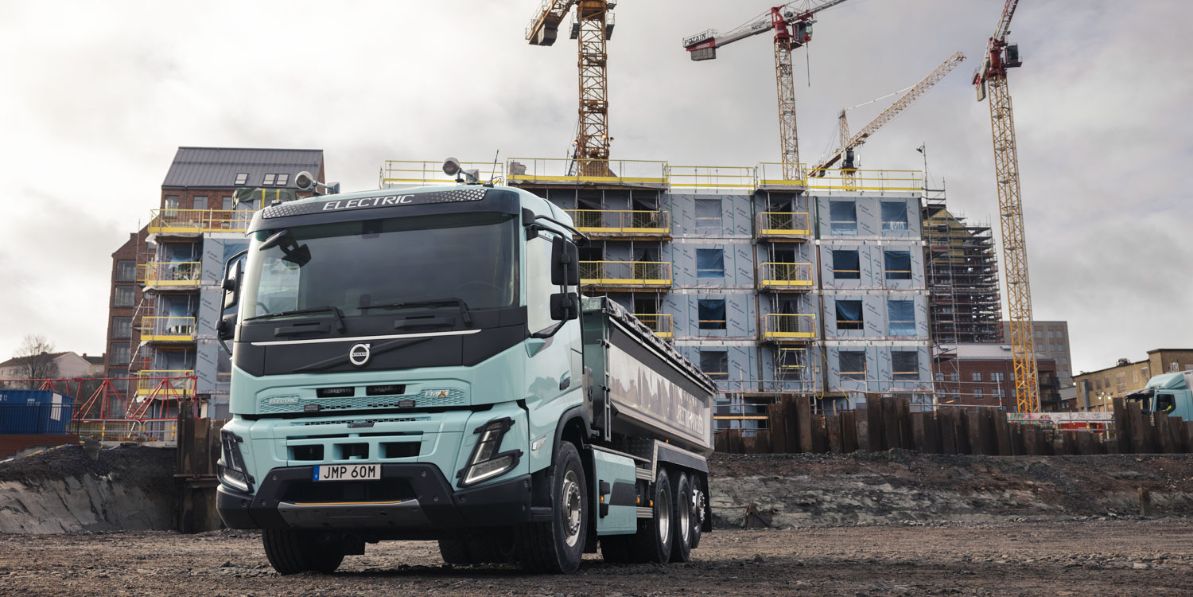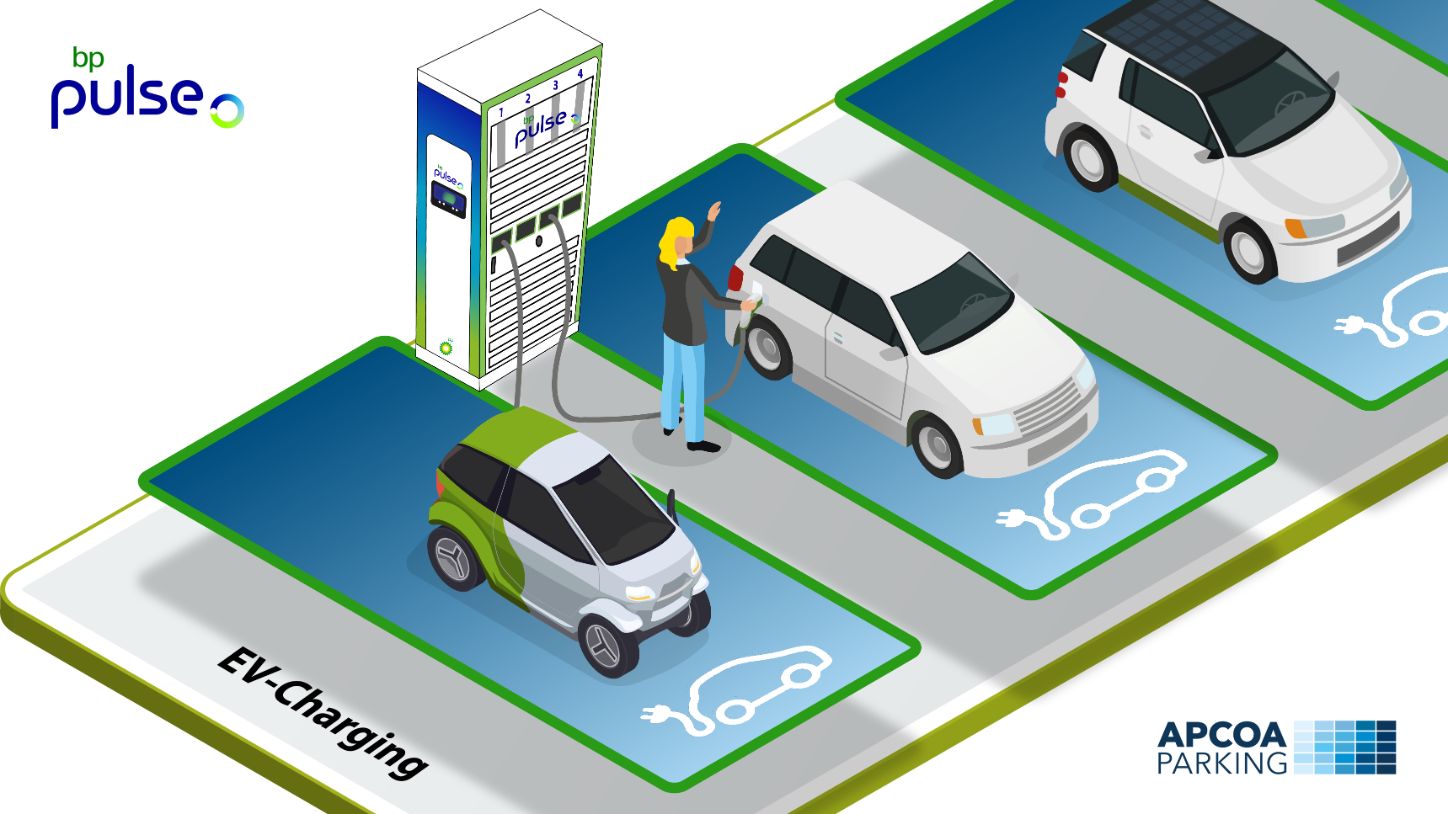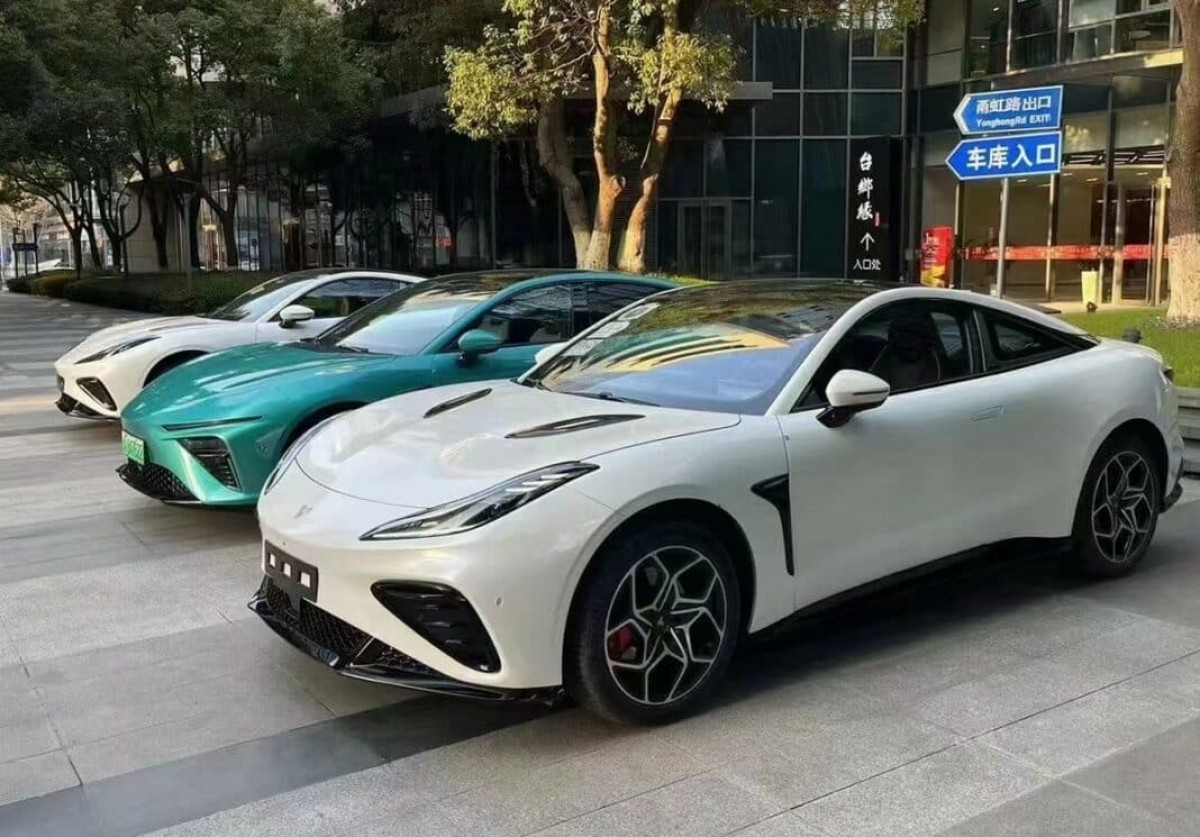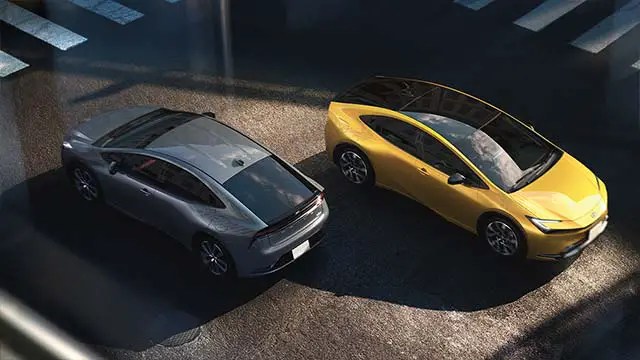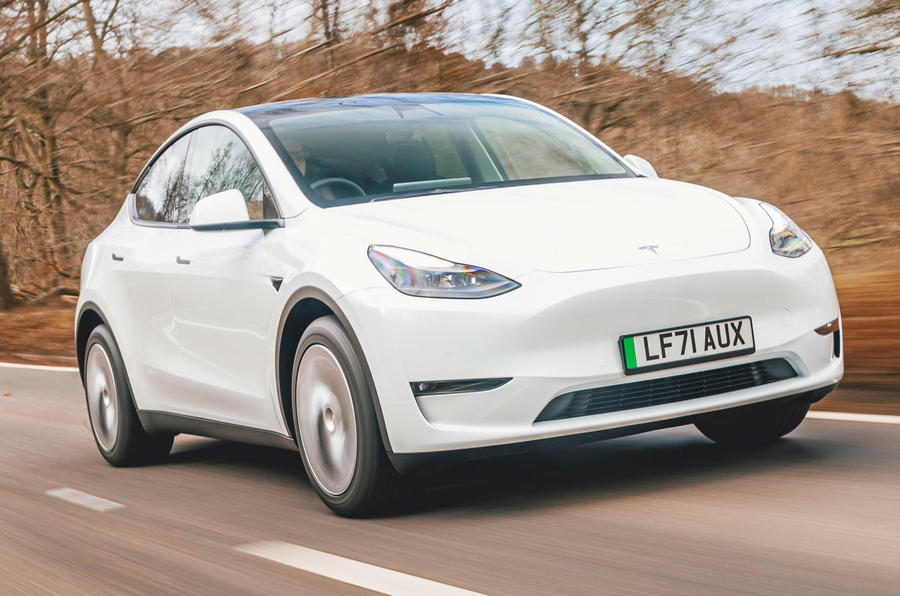The future of combustion-powered cars in Europe is in doubt after Germany and Italy threatened to block the European Union’s 2022 vote to ban the sales of emissions-producing vehicles in 2035. The two countries are calling for allowances to be made for vehicles that use synthetic fuels, which are climate-neutral. They are not alone in their opposition, as both Poland and Hungary are also against the existing plan that requires automakers to sell only zero-emissions vehicles in Europe by the middle of the next decade.
The plan was expected to be signed off by the European Council without incident next week, as the EU member states had already voted to provisionally back the proposal last year, and the European Parliament had formally approved it last month. However, Germany, whose powerful car industry is a significant contributor to the nation’s economy, said it cannot approve the plan unless the European Commission makes a concession for synthetic fuels.
See also: Car with combustion engine technology may still be available until more than 2030
The German Transport Minister, Volker Wissing, argued that “we need e-fuels as there is no alternative if we want to operate our vehicle fleet in a climate-neutral way”. He added, “we must keep all technological options open and also use them. I don’t understand this fight against the car and why people want to ban some technologies.”
Several automakers share this view. While Volkswagen has pledged to become an EV-only brand on the continent by 2033, other companies, including BMW and Porsche, believe that backing only one power source is a mistake. They think a multi-energy plan that includes battery, combustion, and hydrogen options is a better bet. Stellantis boss Carlos Tavares has also come out against a single-minded focus on electric power.
It is worth noting that vehicles powered by combustion engines running on synthetic fuels still generate emissions. However, these so-called e-fuels can be made using captured CO2 emissions, which supporters argue balances out the CO2 produced from the tailpipe and makes the fuel CO2-neutral.
See also: German transport minister opposes EU ban on ICE car
The debate over synthetic fuels and their role in the transition to a low-carbon economy is complex. On the one hand, proponents argue that they offer a way to reduce emissions from existing vehicles that cannot be easily electrified. On the other hand, critics point out that they are not a silver bullet, as the production of e-fuels can still result in emissions, and the cost of producing them is currently high.
Ultimately, the decision on whether to include synthetic fuels in the European Union’s plan to ban combustion-powered cars by 2035 will come down to a balancing act between reducing emissions and supporting industries that are vital to Europe’s economy. It remains to be seen how the debate will play out, but one thing is clear: the future of the combustion engine is in doubt.

